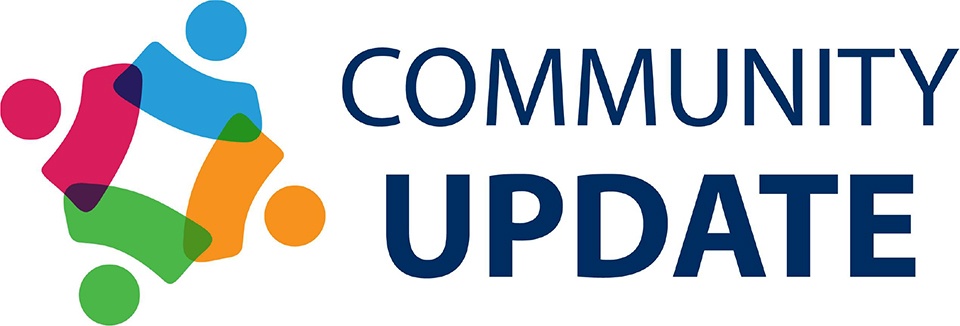Back to School: Nurses, Counselors Prepare for Students’ Mental Health Challenges

This story is being republished under a special NJ News Commons content-sharing agreement related to COVID-19 coverage. Link to story: njspotlightnews.org/2022/08/nj-school-nurses-counselors-prepare-help-high-school-students-major-mental-health-challenges
High school nurses and counselors across the state are stepping up efforts to address dire mental health challenges students face as they prepare for a return to classes in early September.
The push by school leaders comes during a youth health crisis that has received attention from the White House, the Murphy administration and state legislators seeking to address the problem and offer resources to students, parents and educators.
“I’m working on developing a peer-to-peer support group for (mental health) management,” said Eileen Gavin, a high school nurse in Monmouth County and president-elect of the New Jersey State School Nurses Association. “That seems to work well with our students—that peer-to-peer support. [Knowing] that they’re not the only one(s) helps decrease stigma and they relate quickly to their peers, so they’re able to get right back to class.”
High school students returning to classes this fall face a host of external and internal stressors in addition to the pressures surrounding their classwork, their families and social lives. Many are feeling the pressure of living with the COVID-19 pandemic, the fear of gun violence in and out of school as well as fears about climate change and economic struggles. These stressors have had a profound impact on students’ mental health.
Many students are seeking help for generalized anxiety and depression, while there has also been an uptick in eating disorders, according to Cindy Povall, a school counselor in the Hillsborough Township public school system and the president of the New Jersey School Counselor Association.
A concern before the pandemic: Before the pandemic, the mental health of high school students was already a growing concern across the country. A survey from the Centers for Disease Control and Prevention said that 26.1 percent of high school students experienced persistent feelings of sadness or hopelessness in 2009. This grew to 36.7 percent of high school students by 2019.
The pandemic made these feelings worse, especially for lesbian, gay, bisexual and female youth during the pandemic. A 2021 survey by the CDC that was published in March says that 76 percent of lesbian, gay and bisexual young people experienced persistent feelings of sadness and hopelessness in the 12 months prior to the survey, compared to 37 percent of heterosexual youth. In addition, 57 percent of female youth experienced these negative emotions in the 12 months prior to the survey compared to 31 percent of their male counterparts.
Many students have lingering anxiety symptoms that can range from intense worry to a true diagnosable condition, according to Jessica Smedley, the director of school counseling at Hillsborough Township Public Schools and the past president of the New Jersey School Counselors Association.
“Our priority in the school is to help every student feel safe and supported in our school buildings and that’s the responsibility of all of us as school personnel,” said Smedley.
But apprehension remains among some school leaders with the start of classes just weeks away.
“There are great concerns about returning to school this fall because, unfortunately, the CDC has recommended dropping (al)most all of the mitigation strategies that we found to be helpful and protective, and truthfully, kept schools open,” said Robin Cogan, a clinical coordinator of the school nurse program at Rutgers University School of Nursing in Camden and a school nurse.
CDC’s changed guidelines: Earlier this month, the CDC eased its COVID-19 guidance for in-person learning in schools, allowing students who have been exposed to the coronavirus to stay in the classroom without having to quarantine. This guideline stands as long as students wear a high-quality mask for 10 days.
Days after this announcement, Murphy signed an executive order removing the requirements in New Jersey that school districts, child care settings and state contractors continue a policy requiring unvaccinated employees to test regularly.
“We have to really look at the needs of our children, our teens and also our school staff,” Cogan said, “because COVID, gun violence, all of these things have been really traumatic events in all of our lives. And so that ongoing underlying sense of generalized anxiety that a lot of people are feeling is something that we have to address.”
Cogan added that greater discussion is needed about the grief children, adolescents and school staff have experienced due to COVID-19. More than 140,000 children in the United States lost a primary or secondary caregiver due to COVID-19, according to an October 2021 press release from the National Institutes of Health.
“(In grades) K through 12, we have to help kids play together again,” said Povall, the school counselor in Hillsborough. “So that’s one big thing that I see (and) that I saw as a whole last year. They don’t even know how to say to each other, ‘Hey, you want to go to the movies’ or ‘Let’s all hang out.’ ”
Gavin said that her school set up quiet places where students and staff can go to regulate their emotions and stress, to be able to reset and go back to class.
“A lot of school nurses are really trying to be innovative in the way they’re setting up their school health offices with a shift towards more mental health care and strategies versus what we typically would do prior to the pandemic,” she said.






